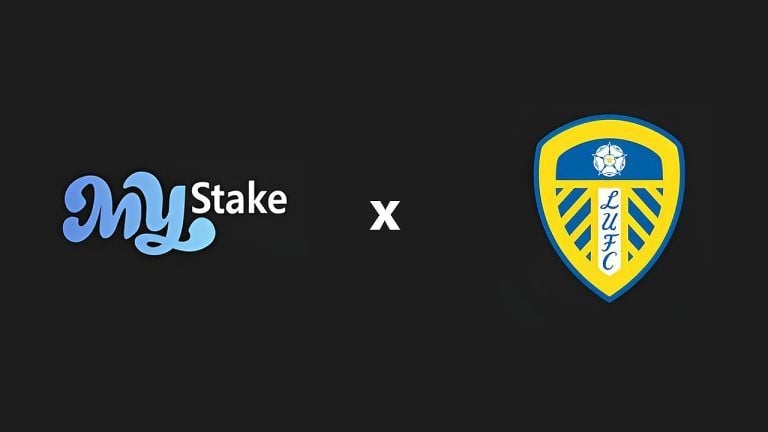Companies may be afraid to give bullish earnings outlooks because of delta variant fears
4 min read
I have several friends in the restaurant business. For the past few weeks, I’ve heard the same story every weekend: business is fabulous, and we can’t get enough help.
This week, several of those restaurant people asked me what was going on with these Covid variants. They were concerned about the impact on their business.
That’s new. Nobody asked me that before this weekend. They asked me when more people were going back to work.
Like my restaurant friends, the market seems to have woken up to the problem of the variants. The markets have been acting like the virus has gone away, but it hasn’t.
Repricing risk
The emergence of the delta variant, as well as other variants, is forcing traders to consider the risk that new outbreaks could occur that will, once again, weigh on the economic recovery and on earnings.
The concern is that CEOs will once again start providing much more cautious earnings guidance for the rest of the year.
Another Covid outbreak that may affect earnings was not part of the market narrative.
Up until this week, the market narrative has looked like this:
- The virus is slowly going away, and any breakouts will be manageable.
- We are at “peak everything”: peak earnings and peak economic growth.
- Earnings will continue to grow, but the rate of growth is slowing, implying multiples (P/E ratios) will be coming down.
- The “inflation is transitory” debate has not been settled, but lower bond yields imply the Fed still has the upper hand.
How much could earnings be affected? No one knows, but investors are taking down exposure in many sectors, particularly travel and leisure, and global cyclicals like industrials and materials.
“I don’t think we’re going to get a pure lockdown, but what we may get is people being more cautious about the way they interact economically,” Mohamed El-Erian from Allianz said on our air. “We know delta’s more contagious,” he said.
The bigger issue is whether the variants pose a risk to those who are vaccinated.
“The message you hear from public health officials that this is a pandemic of the unvaccinated,” Meg Tirrell, CNBC’s senior science and health reporter, said on our air.
“If you’re vaccinated, the chances that you’ll be hospitalized from the delta variant, or die from infection with the delta variant are very, very small,” she said. “They’re not zero, but they’re very, very small, so the vaccines do hold up incredibly well against this incredibly contagious variant.”
Stocks have been struggling for weeks
Going into this week, the S&P 500 had been up this month, but traders have been miserable. It’s been very tough to make money.
“The market has been slowly eroding for weeks,” Joe Zicherman from Stadium Capital told me. “I haven’t had an up day in my account for a month.”
Why? The “peak everything” narrative means that while earnings will continue to grow into next year, the rate of growth will slow down. That means the market multiple (P/E ratio) will be lower. A higher multiple has been a major factor in the market’s rally this year. A higher multiple means investors have been willing to pay a higher price for earnings. That is now changing.
This “peak everything” story has been the dominant narrative for the past two months. As a result, large parts of the market (transports, midcaps, small caps, industrials, materials) stopped rising some time ago.
The advance/decline line, a major technical indicator that measures the number of stocks advancing each day versus those declining, has been turning down in July.
Traders are already talking about a bounce
Predictably, many have noted that some parts of the market are very oversold.
“On the surface, we could say Monday was a terrible risk-off day, but you can see high growth areas of the market like biotech, solar, and [Cathie Wood’s] ARK funds all rallied,” Katie Stockton from Fairlead Strategies told me.
Semiconductors like Texas Instruments, Teradyne and Advanced Micro Devices also rallied. “So it felt like there was rotation into high growth areas,” Stockton said. ”We do have these oversold pieces of the market, like travel and leisure and homebuilders, but I think this pullback could be relatively short-lived.”
Pullback? Not if you own a broad index fund. The S&P 500 is 3% off its historic high, which it hit on July 14. It’s still up 13% for the year.
Some pullback.







